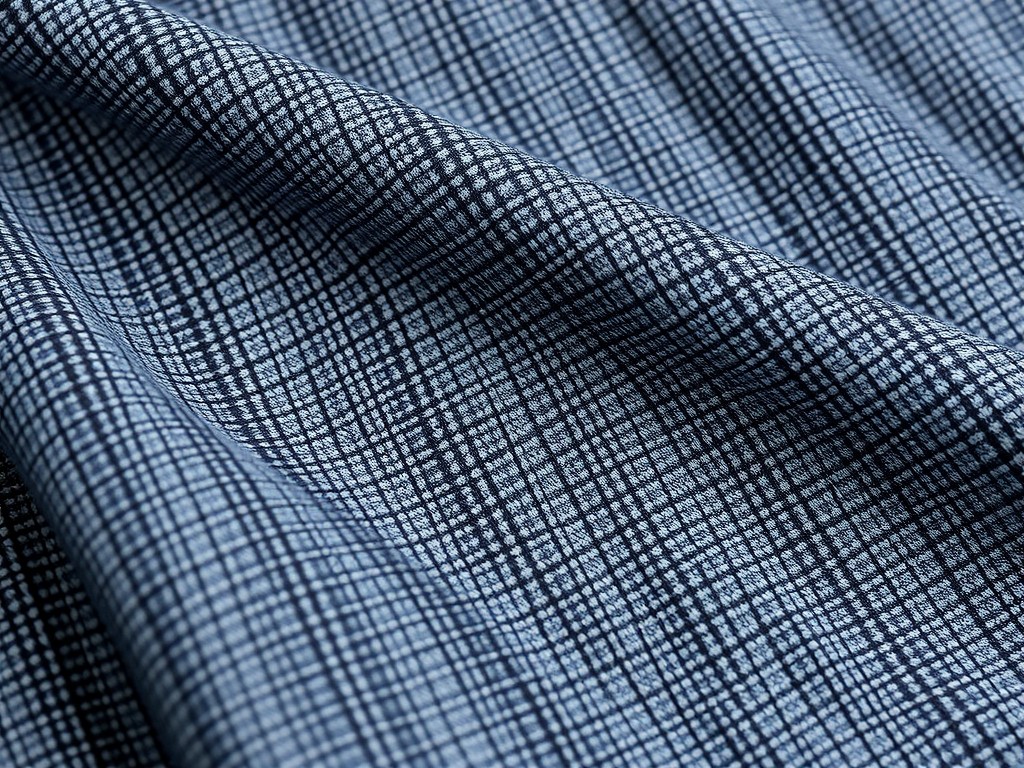
Technical Fabric
Technical Fabrics in Modern Manufacturing

High technical fabric is a need nowadays in most manufacturing companies, and Kitman is one of them. To fit what customers are willing to do, importing and exporting high technology in most cooperation projects is necessary—for instance, lighting fabric, anti-cutting, fly-knitted, luminous polyester.
Types of Technical Fabrics
1. Nylon
Nylon is a synthetic polymer known for its strength, elasticity, and resistance to abrasion. It's widely used in textiles for clothing, luggage, and industrial applications due to its durability and lightweight properties.
2. Polyester
Polyester is a versatile synthetic fabric that is resistant to shrinking, stretching, and wrinkling. It's commonly used in clothing, home furnishings, and industrial applications, offering excellent moisture-wicking properties.
3. Kevlar
Kevlar is a high-strength synthetic fiber known for its exceptional tensile strength and heat resistance. Primarily used in bulletproof vests and protective gear, it is also applied in automotive and aerospace industries.
4. Gore-Tex
Gore-Tex is a waterproof and breathable fabric often used in outdoor and performance apparel. Its unique membrane technology allows moisture vapor to escape while preventing water from entering, making it ideal for extreme weather conditions.
5. Aramid Fiber
Aramid fibers, including Nomex and Kevlar, are known for their heat and flame-resistant properties. They are widely used in protective clothing, aerospace, and automotive applications.
6. Carbon Fiber
Carbon fiber is a lightweight and extremely strong material made from carbon atoms. It is used in high-performance applications such as aerospace, automotive, and sports equipment due to its high strength-to-weight ratio.
7. Teflon
Teflon is a brand name for polytetrafluoroethylene (PTFE), known for its non-stick and chemical-resistant properties. It's used in various industrial applications, including protective clothing and coatings for cookware.
8. Bamboo Fabric
Bamboo fabric is derived from the pulp of the bamboo plant. It is eco-friendly, biodegradable, and has natural antibacterial properties, making it popular in clothing and home textiles.
These technical fabrics play crucial roles across various industries, enhancing performance, durability, and functionality in the products they are used in.
